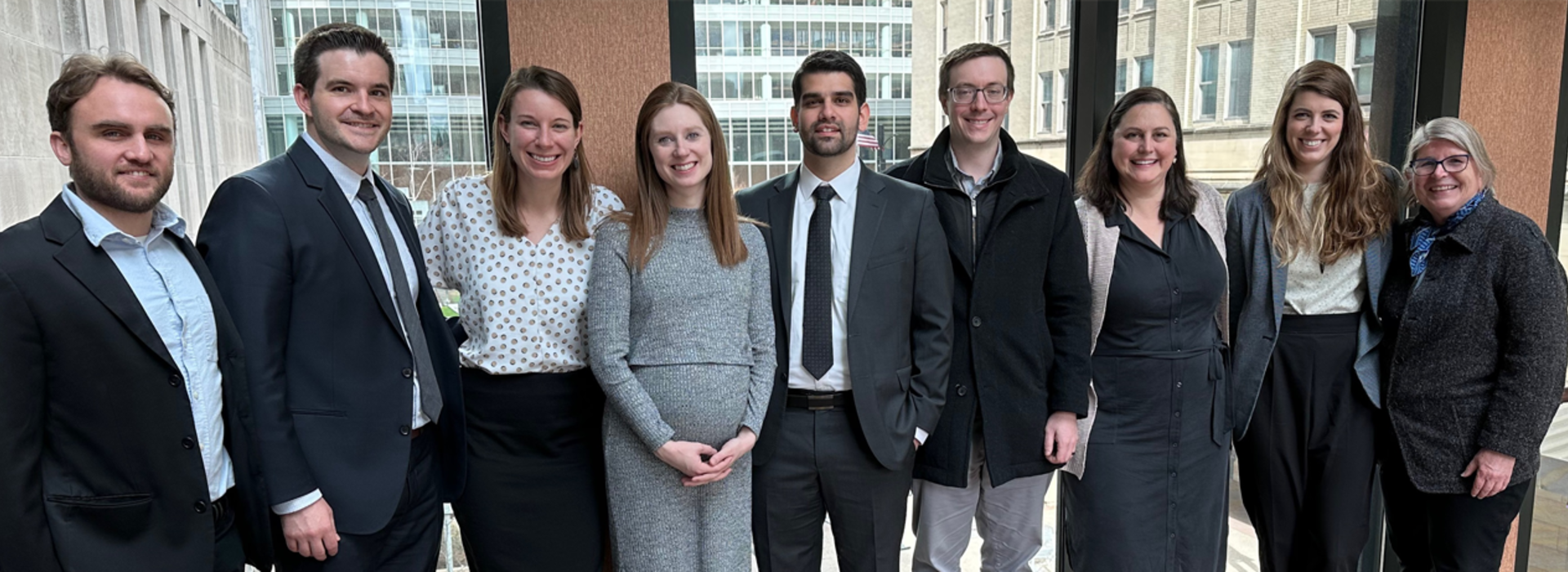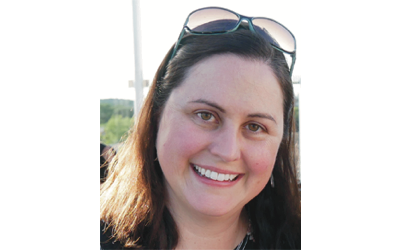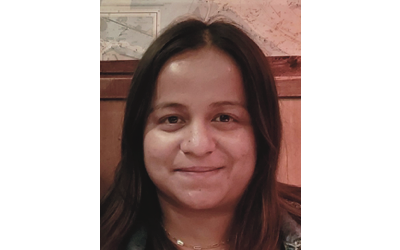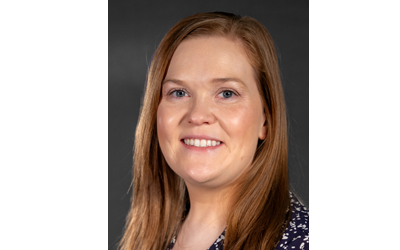
Infectious Diseases Fellowship Program
Pictured L to R: T. McHale, M Davis, A Lehman, S Nair, N Goodhope, Program Director Anne-Marie Leuck, K Marichal, Program Coordinator Betsy Wehrwein
The University of Minnesota Infectious Diseases Fellowship Program will help you achieve mastery of the practice and science of Infectious Diseases and provide you comprehensive training in research skills, all in a friendly and supportive working environment. Clinical excellence will be attained by immersion in patient care at our three dedicated teaching hospitals (University of Minnesota Medical Center, Hennepin County Medical Center, and Minneapolis VA Medical Center, with emphasis upon the development of critical reasoning, scholarship, and professional responsibility.
Additionally, you will benefit from our robust teaching, an exceptionally supportive learning environment, strong faculty mentorship and tremendous flexibility within the program to accommodate the diverse interests of our fellows. Excellence in research will be achieved by the design, implementation, analysis and presentation of a high-quality research project, enthusiastic and supportive research mentors, and rigorous oversight. Whether your research interests include HIV, issue of global health, infections of transplantation, or hospital-acquired infections using basic, clinical or epidemiological methods, our faculty offer a diverse range of research opportunities.
Strengths of the Infectious Diseases Fellowship Program
- Diverse patient population located in a Midwestern urban environment
- Tremendous flexibility in crafting your training beyond the core requirements
- Strong Global Health connection
- Global Health Course offered locally and in Thailand
- ID Program is part of the Northern/Pacific Global Health Research Fellows Training Consortium
- Connections to over 25 international sites for research and clinical training
- Close, meaningful connection with the Minnesota Department of Health and University of Minnesota College of Veterinary Medicine
- T-32 Training grant provides independent research funding
- Global Health Fellowship Training grant provides overseas clinical research funding
- Combination Adult/Pediatrics Infectious Diseases Fellowship training available
Learn more about the benefits of training in Minnesota
Two Infectious Diseases Fellowship Training Tracks
Academic Research Track
For fellows who have demonstrated an interest and aptitude for research, and who desire a research-focused academic career.
- One year of clinical training, followed by 2-3 years of research training
- Research supported by a T32 Training Grant or Global Health Fellowship Training Grant
- Opportunities to take coursework towards a Masters of Public Health (MPH), Masters of Science (MS) in Clinical Research, and the American Society of Tropical Medicine and Hygiene (ASTMH) Certification of Knowledge in Clinical Tropical Medicine and Travelers’ Health
Clinician-Scholar Track
For fellows who seek to become educators, scholars, and/or academically based clinicians.
- One year of clinical training, followed by one year of clinical research training
- Research supported by VA and T32 funding
- Opportunities for up to an additional eight months of inpatient and outpatient clinical training in Year 2
RESEARCH
We are committed to providing our fellows with the training and support needed for them to become future leaders in the academic infectious disease community and to stay abreast of rapid advances in medicine and research.
Program Director

Dr. Anne-Marie Leuck
Assistant Professor
Associate Program Director

Dr. Serin Edwin Erayil
Assistant Professor
